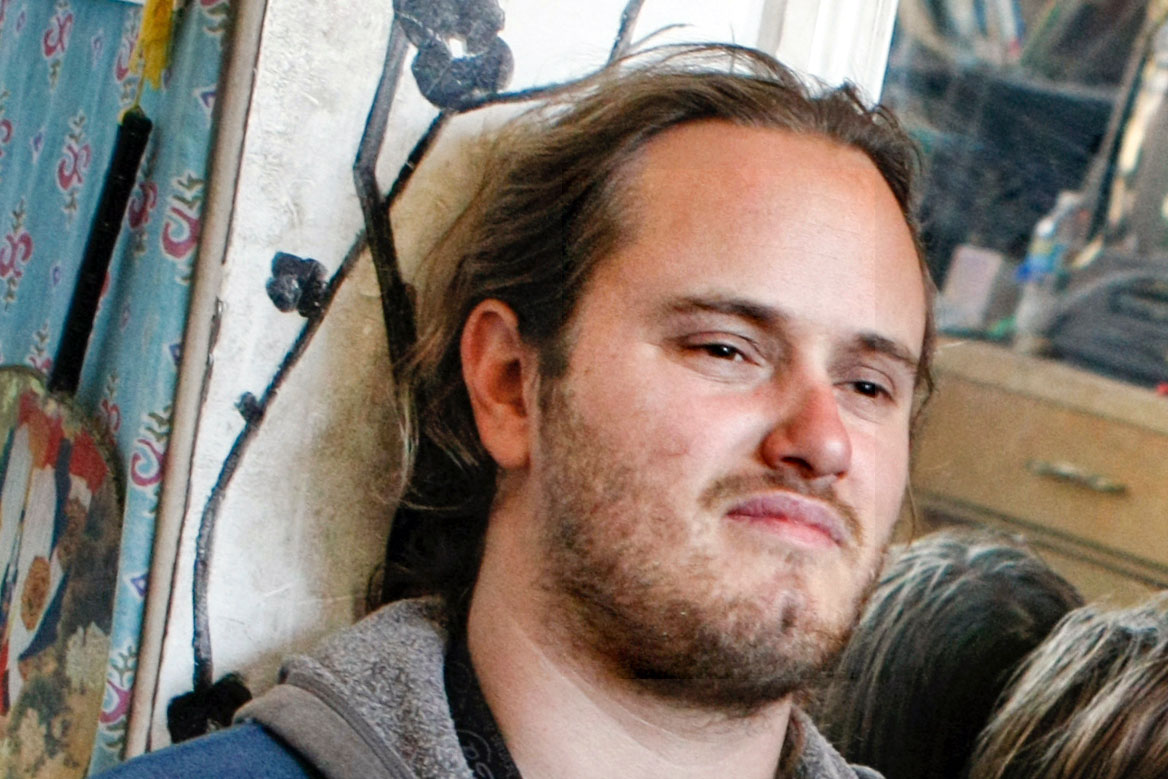David DePape, the man accused of violently assaulting House Speaker Nancy Pelosi’s husband Paul, faces both federal and state charges. He appeared in court Tuesday for the first time and entered a not guilty plea—but what happens now to the man who’s made international headlines?
San Francisco’s District Attorney Brooke Jenkins filed six felony charges against DePape, including attempted murder, assault with a deadly weapon, burglary, elder abuse, threatening a family member of a public official and false imprisonment.
He faces 13 years to life in prison if convicted, Jenkins said at a press conference.
The feds are also charging DePape, alleging that he committed two federal crimes: one for assaulting a family member of a public official and another for attempting to kidnap a federal official.
In their complaint filed Monday, federal investigators detailed a harrowing encounter that lasted less than 30 minutes—and might have ended tragically had Mr. Pelosi not found a way to call 911.
The Feds allege that DePape broke into the Pelosi home with the intent of finding the speaker and holding her hostage. When he discovered that she was not home, investigators say that DePape insisted that he would wait for her and then assault her, too.
Much has been reported about DePape’s descent into extreme right-wing ideology and the conspiracy theories posted to blogs attributed to him.
“There’s been a lot of speculation regarding Mr. DePape’s vulnerability to misinformation,” said Adam Lipson, DePape’s court-appointed defense lawyer, at SF Superior Court Tuesday. “And that’s certainly something we’re going to look into.”
WATCH: David DePape's court-appointed lawyer Adam Lipson spoke with media at SF Superior Court this morning.
— The San Francisco Standard (@sfstandard) November 1, 2022
"There's…been a lot of speculation regarding Mr. DePape's vulnerability to misinformation, that is certainly something that we're going to look into," he said. (1/2) pic.twitter.com/XHCtJ57syt
Other recent cases involving politically motivated violence may offer a glimpse into what can be expected from the case in the upcoming months as DePape’s mental state and criminal intent come under even more intense scrutiny.
Cesar Sayoc
In 2019, Cesar Sayoc was sentenced to 20 years in prison after he was found guilty of mailing explosive devices through the U.S. Postal Service to prominent Democrats such as Barack Obama and Hillary Clinton.
At his trial, Sayoc’s defense lawyer pushed for a lesser sentence, saying that he had fallen victim to conspiracy theories that fed his rising paranoia. The defense also claimed that Sayoc was using large quantities of steroids when he became obsessed with former president Donald Trump, impairing his mental state. The tactics for reducing Sayoc’s sentence were unsuccessful.
Jared Loughner
Similar arguments about competency-to-stand-trial were also hashed out during the trial of Jared Loughner, who was sentenced in 2012 to seven consecutive life terms in prison for shooting former Arizona Rep. Gabby Giffords in the head in a rampage that left six dead and 12 others wounded.
For more than a year before his trial, Loughner was held at a federal hospital where he underwent psychiatric evaluations and treatment for schizophrenia. He eventually entered a guilty plea in order to avoid the death penalty.
In both cases, the mental state of the defendant was invoked, but the courts found it difficult to offer any leniency.
“What counts is what he did, and what he intended at the time that he did it,” U.S. District Judge Jed Rakoff said at Sayoc’s trial in 2019.
Erik Triana
On the topic of intent, San Franciscans will not have to look back very far to find the last time this was debated in local courts. In September, an East Bay resident named Erik Triana was found guilty of threatening the life of state Sen. Scott Wiener.
Triana did not carry out any acts of violence—his threats came in the form of an anonymous message left on Wiener’s website. He was sentenced to two years felony probation.
At his trial, defense attorney Ian McGrattan argued: “Mr. Triana spent approximately 10 minutes of his day reading about [Wiener’s proposed vaccination] bill and posted a comment. He was simply exercising his First Amendment right to free speech and expressing his opinion.”
Stephanie Kang, the deputy district attorney for Contra Costa County, disagreed with that assessment.
“While free speech is a cornerstone of our democracy and a constitutionally protected right, there is a clear line between political discourse and threats of violence,” she said.
DePape will remain in jail without bail. He was also served a protective order requiring him to stay away from Pelosi and her husband.
The attack has reignited a national debate around political violence and the safety of high-profile politicians.
Mr. Pelosi is expected to make a full recovery. “Paul is making steady progress on what will be a long recovery process,” the speaker tweeted Monday.
